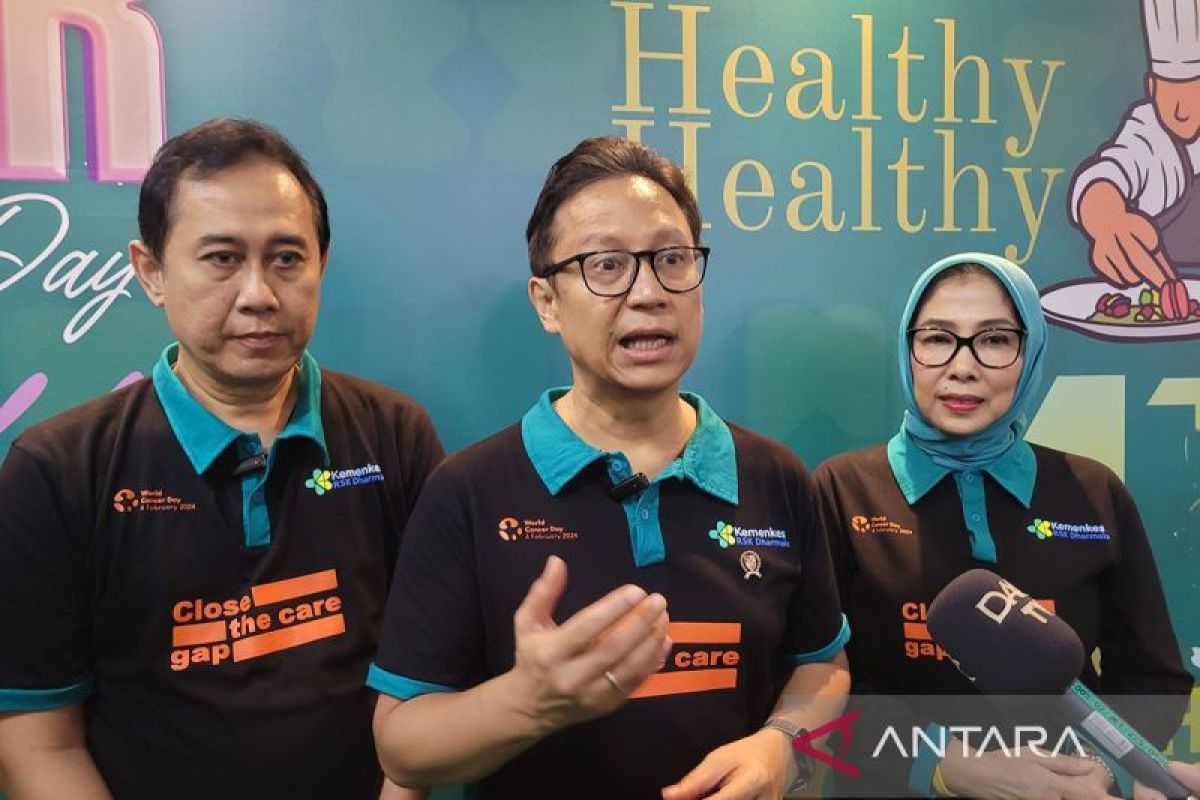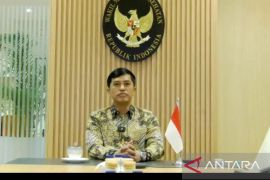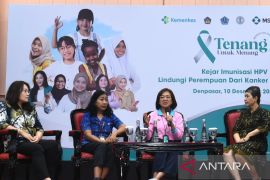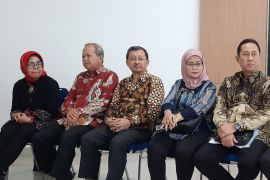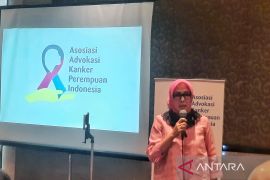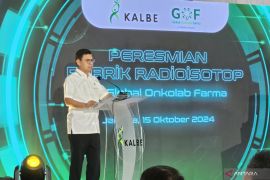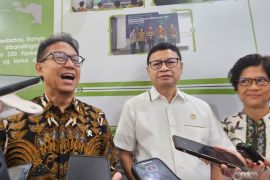Jakarta (ANTARA) - Health Minister Budi Gunadi Sadikin highlighted the important role of organizations in educating the public about the early detection of cancer.
He remarked in a statement on Monday that cancer treatment strategies should rely on strengthening early detection so that treatments for patients are cheaper with better results.
"I also want to emphasize the importance of cooperation in cancer treatment. Therefore, I praise and support the Indonesian Oncology Association's (POI's) effort to initiate this dialogue to strengthen teamwork in cancer treatment so that we can provide the best care for patients," he stated.
Sadikin took part in the "Close the Cancer Care Gap: Delayed Diagnosis and Treatment in the National Cancer Management" held by POI as part of the commemoration of World Cancer Day on Sunday.
In the same statement, Chairman of POI Cosphiadi Irawan explained that various reports showed that cancer patients in Indonesia are mostly diagnosed in the later stages of cancer.
He said that the delay in diagnosis is caused by several factors, including the patients and the cancer care system. In addition, he drew attention to the lack of public understanding and awareness about cancer and its atypical symptoms, which contributed to the delay in diagnosis.
Baca juga: Meeting nutritional needs important to prevent stunting: Minister
Baca juga: Health investments drive ASEAN economic growth
The public's low participation in the "Sadari" movement for the early detection of breast cancer also plays a factor in the patients being diagnosed quite late. However, he affirmed that the development of cancer technology and management had provided an opportunity for cancer patients to be cured.
"Unfortunately, most cancer patients in Indonesia are unable to benefit optimally from these technological advances, as their diagnosis and therapy are often too late," he remarked.


